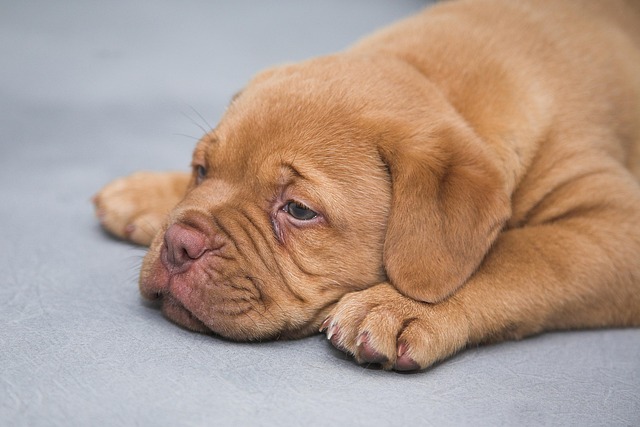
How do i train my dog to be obedient?
Watching your dog dart across the park ignoring your calls isn’t just frustrating—it can put them at risk near busy streets or public spaces.
Puppies start picking up on routine from a surprisingly young age, and that includes where to do their business. Most vets and trainers agree that the sweet spot begins around 8 to 12 weeks old—right when they’re settling into their new homes and their tiny bladders can hold it for short stretches. Before that, their bodies simply aren’t developed enough; a 6-week-old pup might need to go every 30 minutes, making consistent training nearly impossible.
At this stage, consistency is everything. Take them out first thing in the morning, after naps, and right after meals—those are prime times they’ll need to relieve themselves. Keep a steady schedule, and when they go in the right spot, reward them with a tiny treat or excited praise. It’s not about scolding mistakes; puppies learn faster from positive reinforcement than frustration. A little patience here lays the groundwork for good habits later.
 Certain breeds might catch on quicker than others, but age matters more than size. A Chihuahua puppy and a Great Dane puppy, both 10 weeks old, can start training around the same time—though the Dane will have bigger accidents to clean up if you miss a cue. Watch for signs they need to go: sniffing the floor, circling, or sudden restlessness. Catching those signals early turns training into a game instead of a chore.
Certain breeds might catch on quicker than others, but age matters more than size. A Chihuahua puppy and a Great Dane puppy, both 10 weeks old, can start training around the same time—though the Dane will have bigger accidents to clean up if you miss a cue. Watch for signs they need to go: sniffing the floor, circling, or sudden restlessness. Catching those signals early turns training into a game instead of a chore.
In many European cities and North American neighborhoods, letting a dog relieve itself in public spaces without cleaning up can land you a fine. Laws in places like London, Paris, and Toronto require owners to carry waste bags, and consistent at-home training helps prevent accidents during walks. Teaching your puppy to go in a designated area—whether a backyard spot or a puppy pad—also keeps your home clean and avoids run-ins with local regulations.
Mistakes will happen, even with the best training. If your puppy has an accident indoors, avoid rubbing their nose in it; that only confuses them. Instead, clean the area thoroughly to remove odors—scents can draw them back to the same spot. By 16 weeks, most puppies have the control to hold it longer, and with regular practice, they’ll start signaling when they need to go out. Stick with the routine, stay positive, and you’ll have a house-trained pup before you know it.

Watching your dog dart across the park ignoring your calls isn’t just frustrating—it can put them at risk near busy streets or public spaces.

New puppy owners often find themselves rushing to clean up accidents before they set in, and that’s where puppy pad training becomes a game-changer.

If you've noticed your dog's waistline disappearing and your veterinarian has mentioned those few extra pounds, your first instinct might be to simply reduce the amount of food in their bowl.

Training a dog to use a designated spot indoors isn’t as daunting as many new owners fear, but it does take consistency and an understanding of your pet’s needs.

That moment of dread on a walk is all too familiar for many new dog owners. You see another dog approaching down the sidewalk of your neighborhood

If the sight of another dog on your neighborhood walk makes your heart sink as your own dog erupts into a frenzy of barking and lunging, you're not alone.